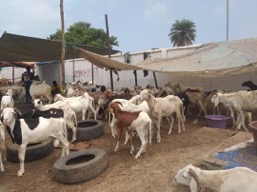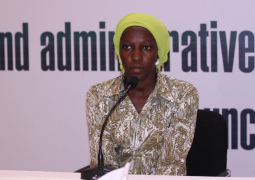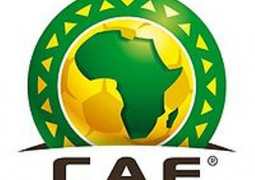
Eid Ul Adha, also known as the feast of sacrifice, honours the willingness of the Prophet Ibrahim, also known as Abraham, to sacrifice his son Ismail as an act of obedience to Allah's command.
The festival reminds Muslims to be true Muslims, like Abraham. They must be willing to offer, with selfless devotion, everything they love and cherish to attain the pleasure of Allah and to serve humanity at large, with a deep sense of compassion and true love.
Sainey Jatta, a ram seller at Brusbubi Round-about, said she ventured into the business last year but noted that the price she bought her rams for this year is even more expensive. “Transportation of rams within the sub-region is very challenging and hard with the increase in the rate of the CFA,” she explained.
She added that the rate of the CFA was better than the previous years, noting that the conflict in Senegal has also contributed to the unavailability of rams in large quantities. “Some of those transporting rams from Mali and Mauritania did not feel comfortable doing so with the conflict in Senegal,” he explained.
“As a woman in the business, I am not only faced with challenges of transportation and the CFA rate but also looking after my rams’ security, safety as well as ensuring they are well fed and healthy was a concern,” she said further.
She claimed that she also pays boys to watch over her rams during the night.
Madam Jatta also stressed on the high cost of animal feed and called on government to consider taking steps to remedy the situation as well as empower women in the business.
Ebrima Manneh, a buyer, said the prices for rams this year were very high compared to last year.
He observed that the high cost is attributed to the high demand for the CFA, cost of rearing, weight and market demand.
He added that coutries where rams come from (Senegal, Mauritania and Mali) all use CFA while The Gambia uses dalasi, suggesting this could be a contributing factor in making rams unaffordable for low income Gambians.
Mr. Manneh said the high cost of ram in The Gambia can have a significant impact on the less privileged. “Many family heads look forward to buying rams for their families for the feast but the high cost may be a challenge for them,” he added, saying this may result in disappointment for some families and thus render their celebration dissatisfying.
“The high cost of rams can also lead to a decline in the purchasing power of households, resulting in reduced spending on other essential needs such as food, health and education,” he added.
He said to address the issue of high cost of rams during Eid Ul Adha, measures such as increasing the supply of rams, regulating prices and providing subsidies should be put into consideration.
Ebrima Cham, board chair of the Gambia Livestock Marketing Agency, said his agency aims to promote the commercialisation and marketing of livestock as well as address issues that impeded the livestock trade in the past; but also transform the trade into a lucrative career with huge employment potentials.
He stated that they conducted a livestock show to showcase indigenous livestock species and breeds to enhance the marketing of rams and other livestock for farmers in order to encourage and promote local production.
Mr Cham also said that they seek to enhance the availability, accessibility and affordability of rams for the Tobaski fest in order to meet the needs of the public.
According to him, apart from Abuko Livestock Market, they have 15 other main designated ram selling points operational within KMC,WCR and BCC.




